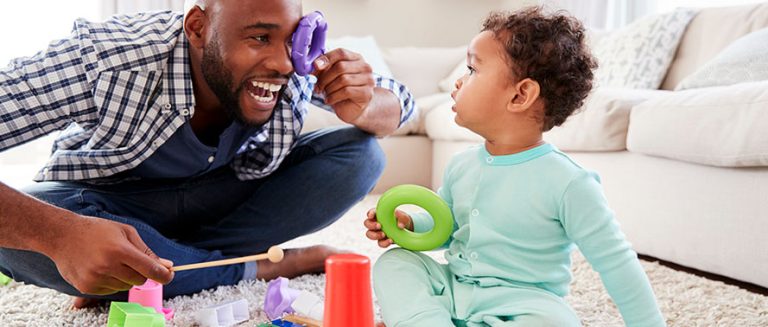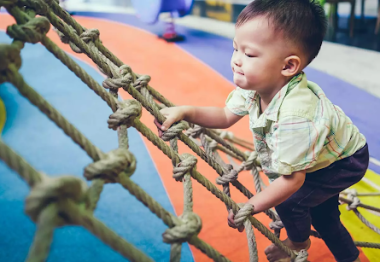As parents, we want our children to be successful, to be resilient and to reach their full potential. We want them to understand that failure is an opportunity for growth, and that learning is a process of discovery. How do we nurture a growth mindset in our kids? Let’s explore some home activities to help your child become more resilient and open-minded.
Learning to Accept and Grow From Mistakes
At the end of the week have your family write down or draw a mistake they each made, then crumple up that paper and throw it at the wall or a target. Following this activity, pick up the crumpled papers and look at the mistakes written within. Hold a discussion with your child that encourages them to accept that everybody makes mistakes no matter how hard they try. Take the experience written on the paper and help your child see how they grew from this experience and problem solve ways in which you could navigate the situation in the future.
Praise Skills Not Outcomes and Model a Growth Mindset
Teach your child that their brains are incredible muscles that grow every time they try new challenges. Set up your very own challenges by using household objects to create an obstacle course. As you and your child complete the obstacle course and face these targeted challenges, praise their perseverance and effort (e.g., “Wow! You worked really hard on that!”) and model growth mindset statements along the way (e.g., “I can try again” or “I know if I keep practicing, I can complete this obstacle”). Additionally, you can model a growth mindset by showing them that you are willing to try new things. This gives them the confidence to challenge themselves without the fear of failure.
Self Talk and the Power of “Yet”
During your next family game night, focus on your child’s dialogue. Your child’s self-talk, or internal monologue, makes a huge impact on their mindset. If you hear them they say, “This is too hard!” help them change that to, “I can’t do this yet, but I will keep trying.” By doing this, you give them the words to say when they are feeling defeated by modeling it yourself!
Help Them Develop Strategies for Problem Solving
Resilience isn’t just about bouncing back after failure; it’s also about having the tools needed to get through tough situations without giving up. Help your child develop strategies for problem solving by asking them questions like “What do you think would be a good approach?” or “How can you break this problem down into smaller parts?” By doing so, you are empowering them with the skills necessary to take responsibility and find solutions on their own.
Model Resilience Yourself
It’s important for us as parents not only talk about resilience but also demonstrate it ourselves by being role models for our children. Showing them how you can persevere through difficult times and challenges can have a huge impact on your child’s growth mindset development. Last but not least, make sure you don’t forget about self-care! Taking care of ourselves is essential in order for us to be better equipped to handle life’s challenges and nurture a growth mindset in our kids.
Nurturing a growth mindset in our children is an important part of helping them become resilient individuals who know how to handle challenges head-on and persevere despite adversity or failure. Learning from one’s mistakes, helping develop strategies for problem solving, and modeling resilience and self talking skills ourselves are all key steps we can take as parents in order to help our children grow into confident adults who know how to tackle life’s obstacles with grace and determination. With these tips in mind, we can equip our kids with the skills needed to succeed no matter what comes their way – our social development services support this skill!





